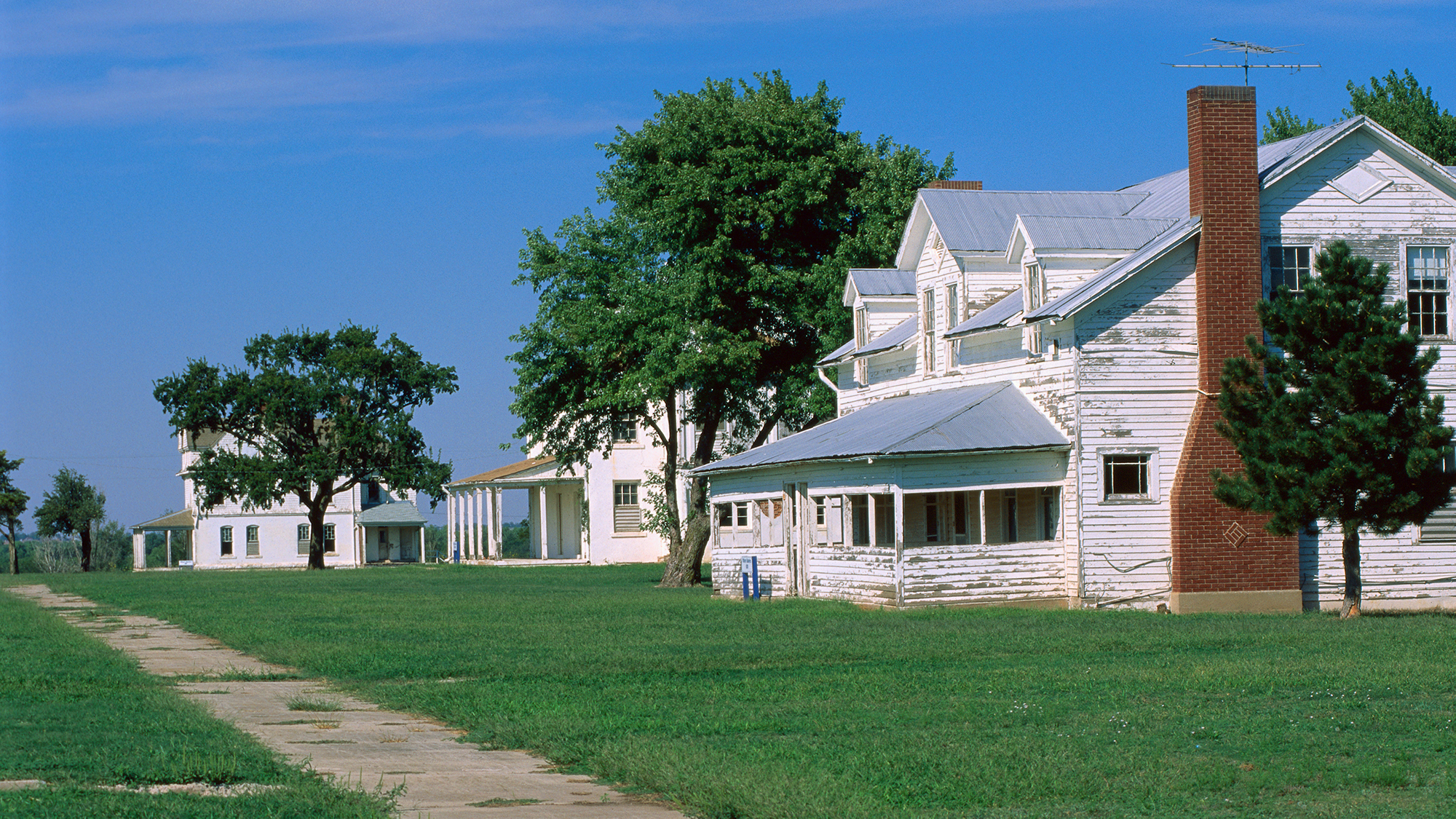FCC Proposes Millions in RDOF Default Fines
Says it made clear that failure would draw penalties

The smarter way to stay on top of the multichannel video marketplace. Sign up below.
You are now subscribed
Your newsletter sign-up was successful
The FCC is proposing to fine dozens of rural broadband providers millions of dollars for defaulting on winning bids for Rural Digital Opportunity Fund (RDOF) subsidy money.
That comes in a notice of apparent liability (NAL), which is only an allegation. The defaulting parties can respond to the NAL, and that response will then be taken into account before any final action.
The FCC said Friday that it was proposing $4,353,773.87 in fines against 73 individual applicants and two consortia. The targeted providers include Bright House Networks, multiple Charter Fiberlink applications, and multiple Time Warner Cable Information Services (also Charter) applications.
The defaults occurred July 26, 2021 through March 10, 2022.
In its RDOF auction, the FCC allocated $20 billion for: 1) rural broadband buildouts ($16 billion); and 2) unserved areas ($4 billion) over 10 years.
Also: FCC Hands Out More Rural Broadband Funding
The FCC said it had made it clear that defaults would draw fines because they would delay the timely rollout of needed broadband. "The bid defaults prevented 1,702 census block groups with 129,909 estimated locations in 36 states from seeing timely new investments in broadband infrastructure," the FCC said.
The smarter way to stay on top of the multichannel video marketplace. Sign up below.
The defaults were a mix of withdrawn applications and failure to meet deadlines in the auction rules.
“The applicants agreed to follow the Commission’s auction rules when they signed up to participate in the Rural Digital Opportunity Fund program,” said Acting FCC Enforcement Bureau Chief Loyaan A. Egal in announcing the proposed fines. “These defaults have put at risk the timely deployment of broadband access for many and necessitate this strong enforcement action.”
Charter, for one, responded that its defaults were because otherwise they would have had to overbuild existing service.
“Facts on the ground showed the majority of the RDOF locations returned by Charter already had a provider offering service or one committed to soon do so or were areas with no passings – concerns the FCC itself specifically identified as raising '“significant concerns about wasteful spending,'" the company said in a statement. "Charter’s return of these locations served the public interest by helping to ensure scarce Universal Service funds reach the areas where they are needed most, including the one million currently-unserved homes and small businesses that will soon gain access to reliable high-speed internet service through Charter’s ongoing rural deployment initiative.”▪️
Contributing editor John Eggerton has been an editor and/or writer on media regulation, legislation and policy for over four decades, including covering the FCC, FTC, Congress, the major media trade associations, and the federal courts. In addition to Multichannel News and Broadcasting + Cable, his work has appeared in Radio World, TV Technology, TV Fax, This Week in Consumer Electronics, Variety and the Encyclopedia Britannica.

